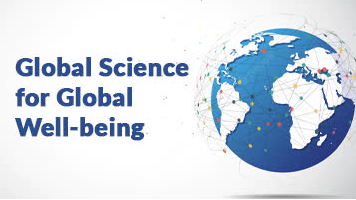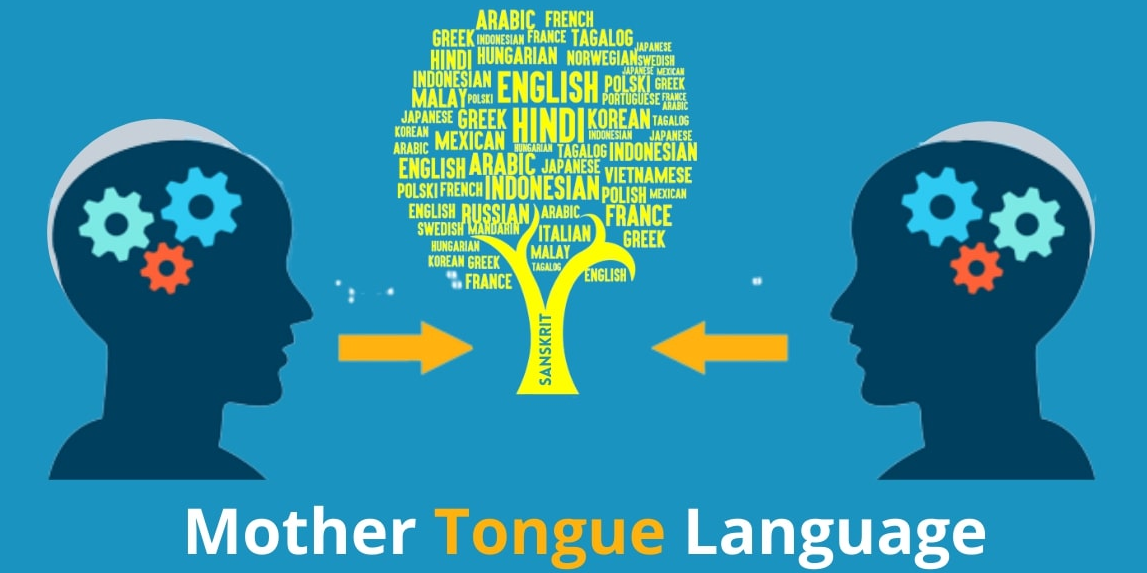Science is the greatest collective endeavor. It contributes to ensuring a longer and healthier life, monitors our health, provides medicine to cure our diseases, alleviates aches and pains, helps us to provide water for our basic needs – including our food, provides energy and makes life more fun, including sports, music, entertainment and the latest communication technology. Last but not least, it nourishes our spirit.
Science generates solutions for everyday life and helps us to answer the great mysteries of the universe. In other words, science is one of the most important channels of knowledge. It has a specific role, as well as a variety of functions for the benefit of our society: creating new knowledge, improving education, and increasing the quality of our lives. Science plays a critical role in improving global well-being by developing solutions to the challenges facing the world. Global science, which involves collaboration between scientists and researchers from around the world, by working together has the potential to accelerate progress toward developing sustainable solutions to some of the world’s most pressing challenges, from public health and climate change to food security and economic opportunities.
One area where global science can have a significant impact on global wellbeing is public health. With the emergence of new diseases and the spread of existing ones, the need for effective and efficient healthcare solutions is more pressing than ever. Global science can help by developing new drugs and treatments, creating vaccines, and improving our understanding of how diseases spread. In addition to healthcare, global science can also help in mitigating the effects of climate change. It contributes to ensuring a longer and healthier life, monitors our health, provides medicine to cure our diseases, alleviates aches and pains, helps us to provide water for our basic needs – including our food, provides energy and makes life more fun, including sports, music, entertainment and the latest.
Global science can play a critical role in food security, particularly in developing countries where malnutrition and hunger remain significant challenges. By using innovative technologies to improve agricultural practices and increase crop yields, scientists can help to ensure that everyone has access to safe and nutritious food. Global Science focuses attention on how individuals and societies use resources and the environmental impact that is the result of such use. Global science can also help to improve access to education and economic opportunities. By creating innovative solutions, such as online learning platforms and remote work technologies scientists can help to overcome geographical barriers that prevent people from accessing education and employment opportunities. Global Science directs awareness on how people and societies use aids and the environmental influence that is the outcome of such use.
Global science is critical to achieving global well-being. Fundamentally, global health is about achieving better health outcomes for vulnerable populations and communities around the world. Those who study or practice global health work to eliminate health disparities in low-resource settings around the world through research, education and collaborative intervention. It is important that we continue to invest in global science, support international collaboration, and prioritize the development of solutions that can benefit everyone, regardless of their location or socioeconomic status. While similar to public health, global health emphasizes a broad, multidisciplinary approach to understanding emerging health challenges, considering social, cultural, economic and environmental factors that underlie health inequities.
Human well-being is a broad concept, one that includes many aspects of our everyday lives. It encompasses material well-being, relationships with family and friends, and emotional and physical health. It includes work and recreation, how one feels about one’s community, and personal safety. There is no consensus around a single definition of well-being, but there is general agreement that at minimum, well-being includes the presence of positive emotions and moods e.g. contentment, happiness, absence of negative emotions like depression, anxiety, satisfaction with life, fulfillment and positive functioning. In simple terms, well-being can be described as judging life positively and feeling good. For public health purposes, physical well-being is also viewed as critical to overall well-being.
Well-being is a positive outcome that is meaningful for people and for many sectors of society, because it tells us that people perceive that their lives are going well. Good living conditions (e.g., housing, employment) are fundamental to well-being. It integrates mental health (mind) and physical health (body) resulting in more holistic approaches to disease prevention and health promotion. It is a valid population outcome measure beyond morbidity, mortality, and economic status that tells us how people perceive their life is going from their own perspective. It is an outcome that is meaningful to the public. Advances in psychology, neuroscience, and measurement theory suggest that well-being can be measured with some degree of accuracy.
Results from cross-sectional, longitudinal and experimental studies find that well-being is associated with: Self-perceived health, Longevity, Healthy behaviors, Mental and physical illness, Social connectedness and Productivity. It can provide a common metric that can help policy makers shape and compare the effects of different policies. Well-being is associated with numerous health, job, family and economically related benefits. Individuals with high levels of well-being are more productive at work and are more likely to contribute to their communities. The Global Wellbeing Initiative is a path of research to comprehend our familiar human intention for wellbeing, while also examining cultural representations of our universal strivings for a decent life.
“The essence of the scientific spirit is to realize what a wonderful world it is that we live in.”………C V Raman
(M Ahmad is a regular writer for this newspaper and can be reached at [email protected])








